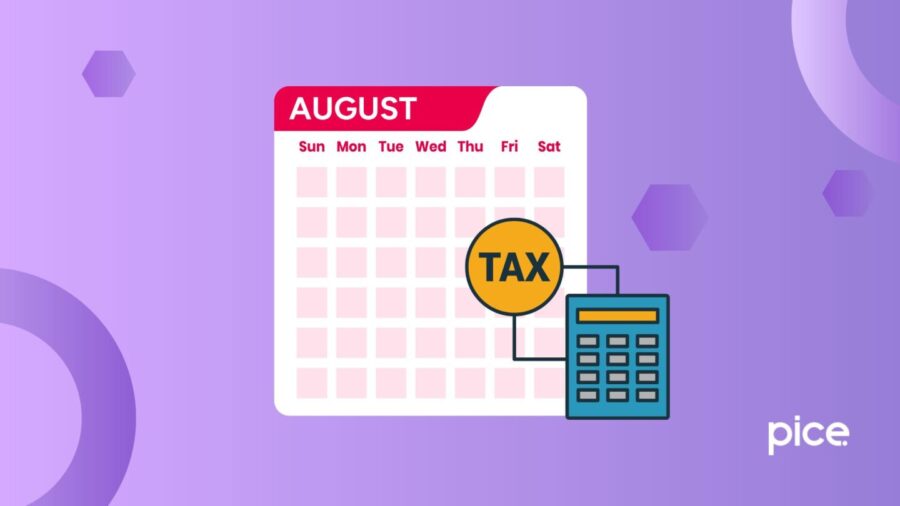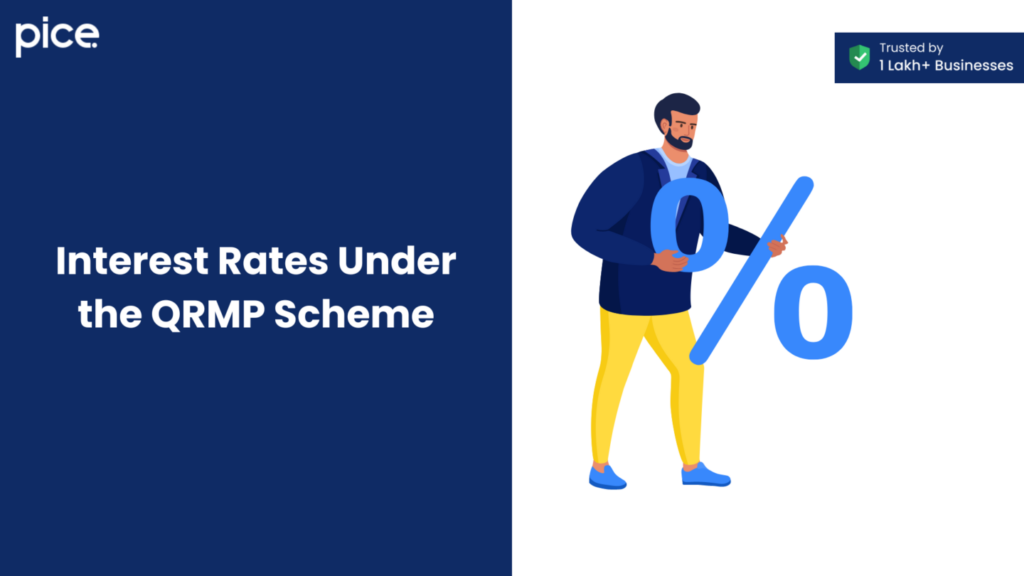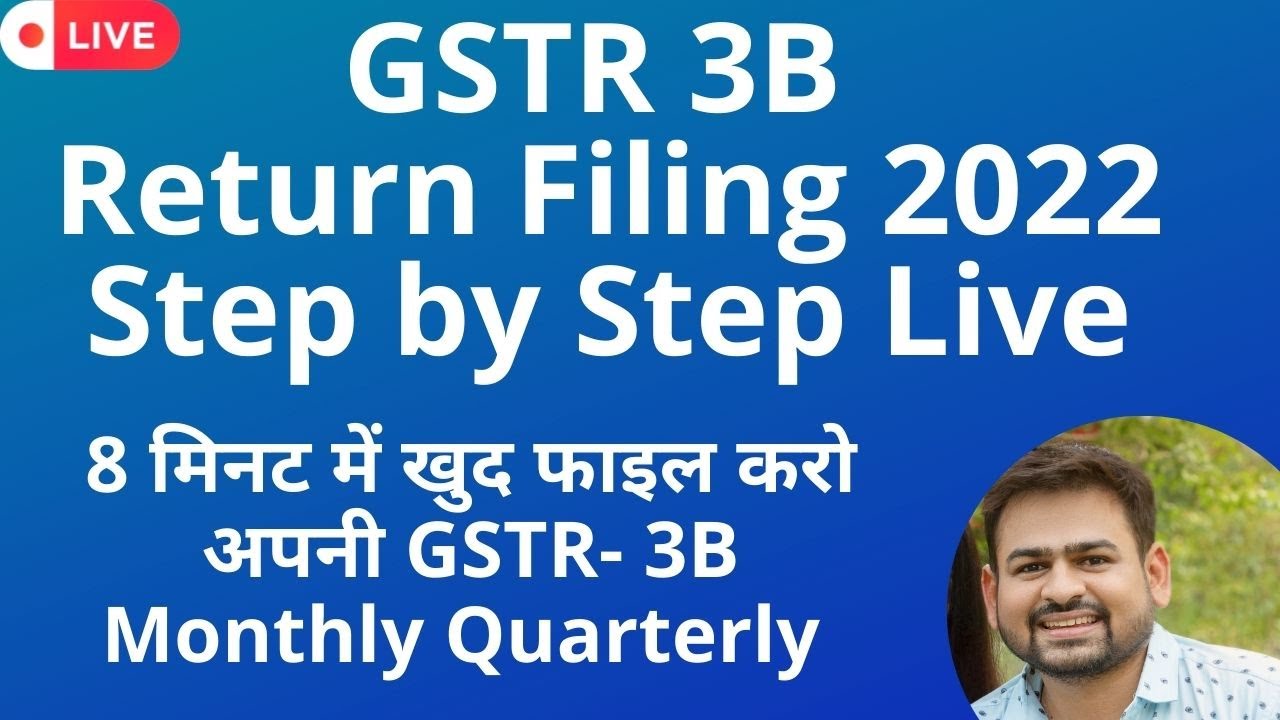How to Change Monthly to Quarterly in GST?
- 5 Sep 24
- 8 mins

How to Change Monthly to Quarterly in GST?
Key Takeaways
- Businesses can choose between monthly or quarterly GST return filing based on their turnover and preferences.
- The QRMP scheme allows eligible businesses to opt for quarterly GSTR-3B filing if their annual turnover does not exceed ₹5 crores.
- The process to change the GST filing frequency involves selecting the preferred option on the GST portal and confirming the choice.
- Quarterly filers must adhere to deadlines on the 22nd or 24th of the month following the quarter, depending on their location.
- The QRMP scheme provides options for claiming input tax credits and specifies conditions under which interest and late fees are applied.
Any registered person can decide whether to file their GST returns either on a quarterly basis or monthly basis before submitting their initial return. To execute this step, you must log in to your GSTIN account on the unified portal. Following that, you get two questions that have been fed into the system. In addition to answering these questions, you may have to choose between either a monthly scheme or a quarterly scheme. Otherwise, you will only be allowed to file GSTR-3B monthly.
If you are a monthly filer and want to learn how to change monthly to quarterly in GST, we suggest going through this blog.
Deemed Monthly/ Quarterly Filing for GSTR-3B
In case your aggregate turnover for the preceding financial year did not exceed ₹1.5 crores, you are eligible to file quarterly GST returns. Otherwise, if you expect the current year’s turnover to be within ₹1.5 crores then also you may opt for the quarterly GST filing of return.
💡 If you want to pay your GST with Credit Card, then download Pice Business Payment App. Pice is the one stop app for all paying all your business expenses.
However, for a registered person who files a return for October 2020 by November 30, 2020, their filing return frequency will be deemed as specified:
| Sl.No. | Class of Registered Persons | Deemed Option |
| 1 | A registered person whose aggregate business income does not exceed ₹1.5 crores and who has submitted their Form GSTR-1 for each quarter of the current financial year. | Quarterly Return Filing (GSTR-3B) |
| 2 | A registered person with an annual turnover not exceeding ₹1.5 crores and having submitted monthly GSTR-1 forms in the current financial year. | Monthly Return Filing (GSTR-3B) |
| 3 | Registered businesses with annual turnover between ₹1.5 crores and ₹5 crores. | Quarterly Return Filing (GSTR-3B) |
In this table, the taxpayers from the second category had the option to switch to quarterly GSTR-3B returns between December 5, 2020, and January 31, 2021, if they wanted.
Step-by-step Guide to Changing Your Profile Under the QRMP Scheme
To change the periodicity of filing return or return filing status under the QRMP scheme, each taxpayer must follow these steps:
Step 1: Sign in to the GST portal with your login details and go to 'Services'. Next, click on ‘Returns’ and then select the quarterly return.
Step 2: You will see the Quarterly Opt-in process details page. Here, select the financial year using the dropdown list and click on ‘Search’. The year should specify the timeframe for which you desire to change the filing frequency.
Step 3: Go through the following details before mentioning the return type:
- Quarter: You can refer to the four quarters in this segment.
- Frequency: Here, you may refer to the different monthly/quarterly filing options. As a taxpayer, you can pick any option as desired and click on 'Save'.
Note: The quarter open for selection is marked as green.
- Selection Available: In this segment, you can see particular dates within the quarter on which a registered taxpayer can specify their filing frequency.
- Applicable Return Due Dates: In this tab, the effective return due dates of each quarter can be seen for both the quarterly GSTR-1 return and the GSTR-3B return filing option.
Step 4: Click on ‘OK’ that is displayed beneath the confirmation message to finalise the filing frequency.
Step 5: A final confirmation message pops up on your screen. Click on ‘OK’.
An email and SMS are sent to the primary authorised signatory after the above-mentioned steps have been executed. After that, you can click on the ‘Continue to Returns Dashboard’ button to re-open the homepage.
Deadlines for Quarterly GSTR-3B Filing
The due date for GSTR-3B quarterly filers is either the 22nd or 24th of the month following the quarter. Based on the state or union territory of the principal place of business, the last filing date may slightly differ. There is always a late fee and interest attached to the quarterly GSTR-3B filing option made after the due date.
Input Tax Credit Claims Within the QRMP Scheme
Within the QRMP Scheme, input tax credit claims depend on certain situations as mentioned here:
- For the fixed sum method, the ITC claim amount is held as 35% of the tax money of the preceding quarter.
- For the self-declaration basis, the claimable ITC amount will be the GST amount for the first two months of the quarter.
Interest Rates Under the QRMP Scheme

The interest rates levied in the QRMP scheme vary based on:
- No interest needs to be furnished if you settle the tax amount mentioned in the GST PMT-06 pre-filled form before the 25th of the upcoming month.
- No interest is levied if the first two months’ total tax liability is equal to or lesser compared to the sum funded through pre-filled form GST PMT-06.
- Interest is not applicable if the final tax liability of the first 2 months exceeds the tax amount paid through the pre-filled form GST PMT-06.
Late Fees Under the QRMP Scheme
If you fail to settle the outstanding GSTR-3B dues within the return periods it will result in a late fee. This can go up to ₹5,000. Nevertheless, no late fees are associated with the tax settlement of the first 2 months of any quarter. Although the CGST and SGST-related late fees remain consistent, they can vary in IGST.
The Bottom Line
Considering that now you know how to change monthly to quarterly in GST in detail, you can switch your filing system without any hassle. However, before following the steps you should ensure that you meet the required conditions to bring the change. It will help make an informed decision that will allow easy management of business compliance burden.




















